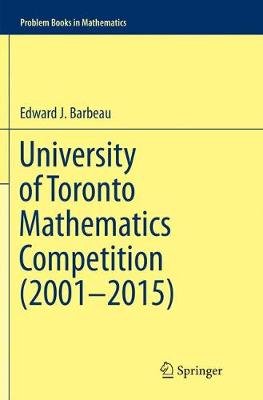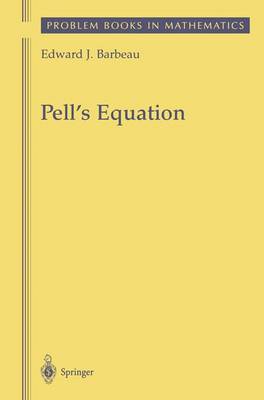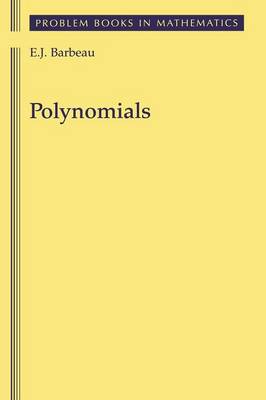Problem Books in Mathematics
3 total works
University of Toronto Mathematics Competition (2001-2015)
by Edward J. Barbeau
The University of Toronto Undergraduate Competition was founded to provide additional competition experience for undergraduates preparing for the Putnam competition, and is particularly useful for the freshman or sophomore undergraduate. Lecturers, instructors, and coaches for mathematics competitions will find this presentation useful. Many of the problems are of intermediate difficulty and relate to the first two years of the undergraduate curriculum. The problems presented may be particularly useful for regular class assignments. Moreover, this text contains problems that lie outside the regular syllabus and may interest students who are eager to learn beyond the classroom.


